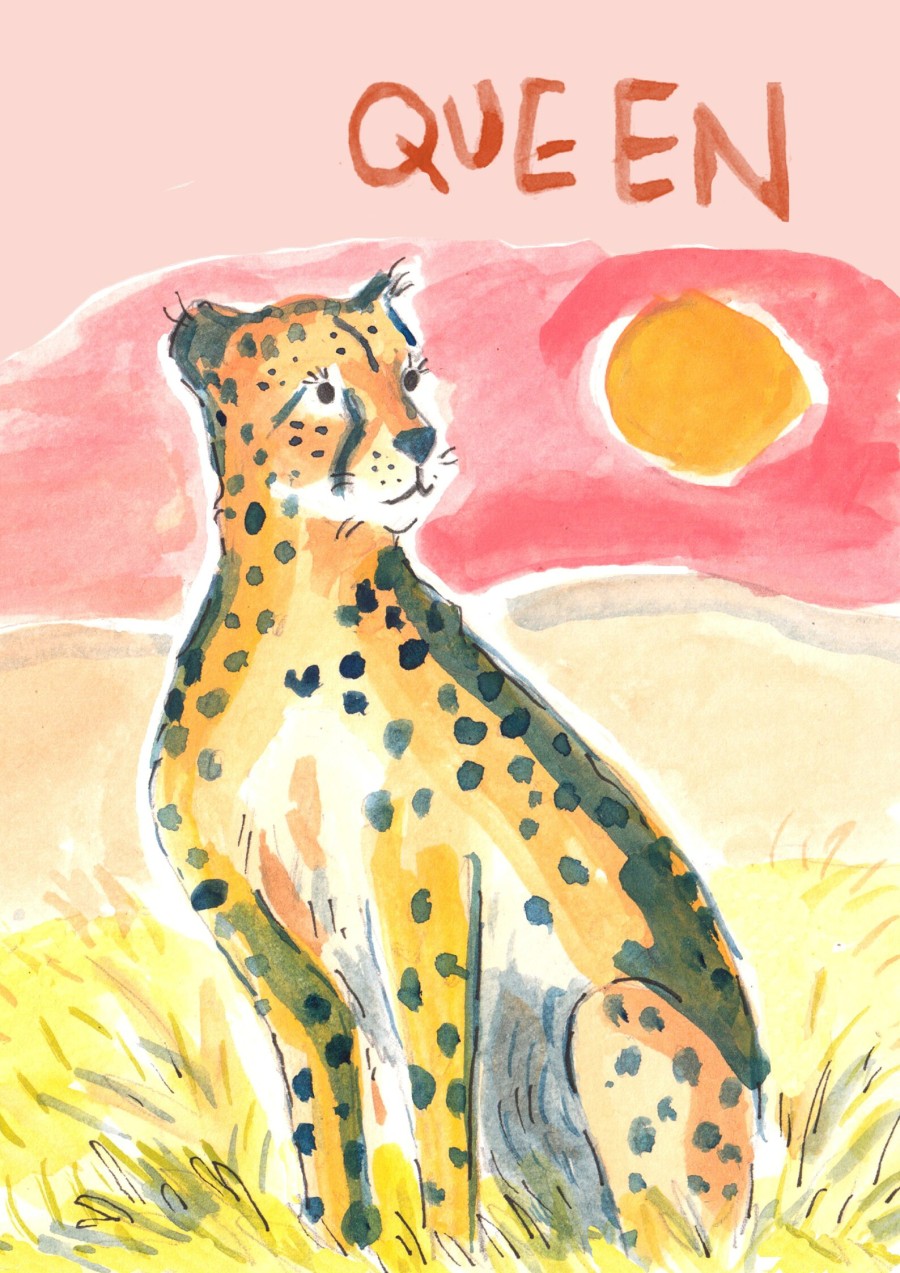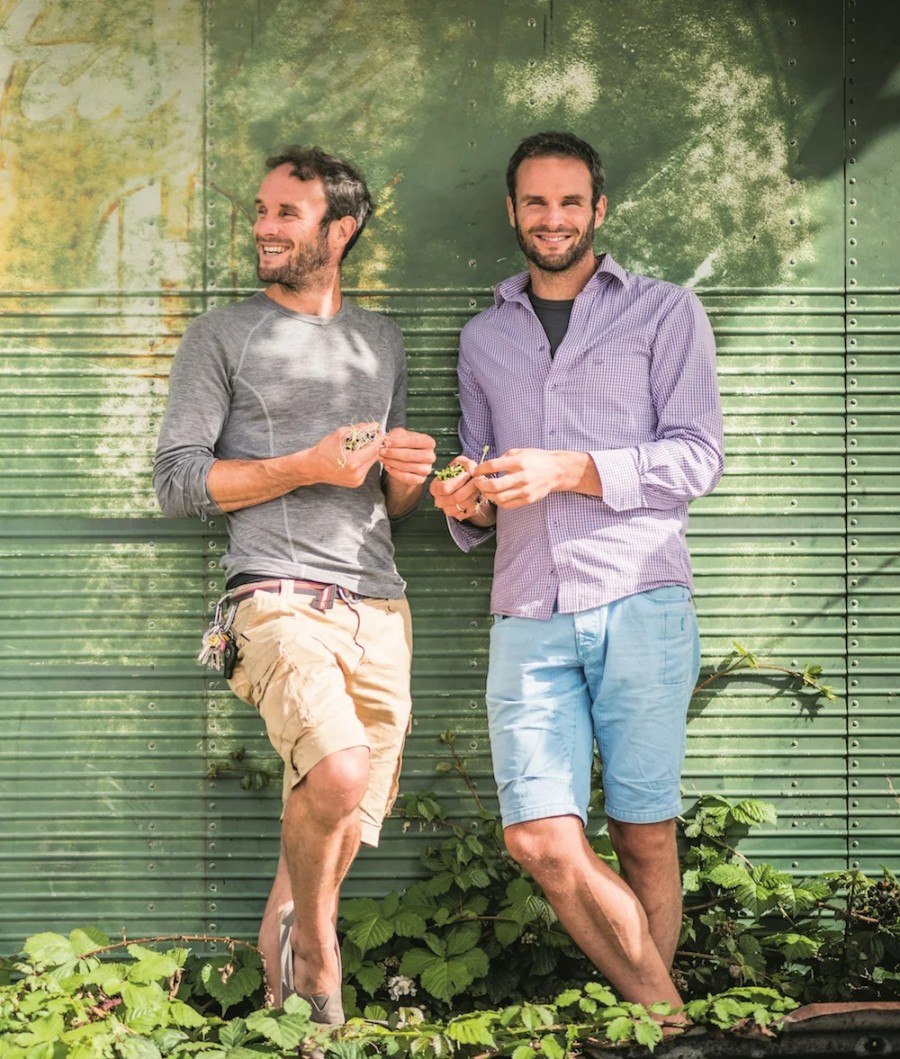
Animal circuses are now illegal in England, but there still exists many zoos, and lots of them have terrible animal welfare records, even at time of writing. It’s often believed that zoos are needed to conserve endangered species, but this is very far from the truth. Proper conservation usually takes place in native habitats (say on the African savannah). And hardly any conservation happens in our zoos. And with the average child spending about 20 seconds looking at each animal before moving on, this suggests entertainment over education. In the wild, tigers and lions roam 18,000 times more than space they have in zoos (polar bears have one million times more space). Also read of reasons never to visit aquariums.
Zoo animals for the most part live miserable lives. They have nowhere near the amount of space need to roam nor exhibit natural behaviours, and most of them show stereotypical ‘gone mad’ behaviour like pacing around cages or enclosures, head-bobbing and even attacking zookeepers. Some have managed to escape and gone on the rampage, either to be shot dead or caged up once again.
Birds fly horizontally, yet most bird cages in zoos are tall and narrow, so they are not able to fly in the same way they would in nature. Think of a big eagle soaring across a canyon – he flies from side to side, not up and down. And reptile experts say that snakes should be living in enclosures akin to grass swamps, not in ‘glass jewellery boxes’.
Born Free investigates reports of zoo welfare both here and abroad. You likely remember the 60s film Born Free (about Elsa the lion) and today the charity is run by the actors’ son Will Travers. It has also rescued lions and leopards from appalling conditions, and says that visiting zoos is not educational at all, because you are never viewing how the animal would behave in the wild.
Also the temperatures are wrong (too cold for elephants in London and too hot for polar bears). Many develop medical problems and there is high infant mortality in polar bears, lameness in elephants and mental health issues with apes. In the wild, polar bears have around 1 million times more space, and apes swing from tree to tree. Some zoos even breed animals then find there are too many, and kill them. How is that anything other than treating majestic creatures for profit? If nobody visited, they wouldn’t do it.
And before anyone gives the argument that ‘it’s to keep our child happy’, instead read books and show films to your child of wild animals living in their natural environment, then take them outside to look at our real wildlife – not make whole swathes of (often endangered) species miserable, just to appease a child to get what he/she wants for a moment of fun, at an animal’s expense. Where all these parents are from is anyone’s guess, considering a whopping 83% of the British public now wish to see the next government ban keeping of large animals in zoos.
In the UK, local councils are responsible for licensing of zoos, which is why in Cumbria, people are up in arms that nothing is being done about appalling welfare at the local zoo, which has been reported and acknowledged after investigations. You can submit reports to Born Free about animal concerns for zoos (or circuses abroad) and also for animals used in the media. Take photos and videos if you can. And if abroad, contact the local police and tour operator. Also look up your local animal shelter before you travel, so you can report that too.
Freedom for Animals is the main welfare charity to visit, with heaps of info and updates on all the latest news, investigations and positive results. It sells nice organic clothing and beanies, if you wish to support them at the same time as updating your wardrobe. It also campaigns to stop reindeer being used to ‘entertain children’ at shopping centres, as the long journeys, bright lights and noise terrifies them. You can also report a mobile zoo, be a whistleblower (anonymous) and download a free activist pack.
Will Travers says that zoos are not needed for conservation, and are merely a hangover from the Victorian sideshow, and should be confined to history like bearded ladies, with remaining animals given sanctuary. Responsible Travel says to be wary of ‘safari parks’ and ‘elephant sanctuaries’ as many are just glorified zoos. Animals are not even safe. A critically endangered rhino was poached in a Paris zoo for his horn. And in Germany, a discarded fire lantern landed in an enclosure, and killed several animals.
American photographer Jo-Anne McCarthur uses her talents and compassion to spend time in zoos, and capture the real story behind captive animals. Sometimes pictures speak louder than words.
Learn more at the brilliant blog Kate on Conservation. Her latest post on elephant habitat and space needs is enlightening. In the wild, elephants roam in large herds in an area around the size of Liverpool or Greater Manchester. But a zoo will give around a hectare (they can walk that in a minute) and also usually are in groups of three, whereas in the wild herds can be hundreds of elephants in one area.






